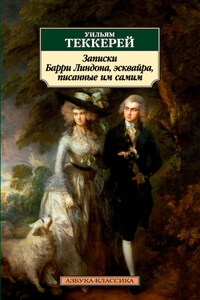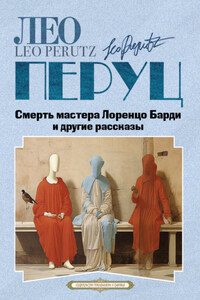CHAPTER I
THE DAWN OF A WEDDING-JOURNEY
Mr. and Mrs. Hector Archibald were prosperous and happy dwellers in a suburb of one of our large towns. Fortune had favored them in many ways – in health and in a good average happiness. They had reached early middle age, and their daughter Kate, their only child, had grown up to be a beautiful and good young woman, and was on the point of marrying a young lawyer – Rodney Bringhurst by name – in every way worthy of her.
Hector Archibald was a little man, with small bright eyes, and hair slightly touched with gray and very much inclined to curl. His disposition was lively. He had a strong liking for cheerful occurrences, and was always willing to do his part in the bringing about of such events. Novelty had a charm for him. He was not bound by precedence and tradition, and if he had found himself at a dinner which began with coffee and ended with oysters on the half-shell, he would have given the unusual meal a most animated consideration, although he might have utterly withheld any subsequent approbation. As a general thing, he revolved in an orbit where one might always be able to find him, were the proper calculations made. But if any one drew a tangent for him, and its direction seemed suitable and interesting, he was perfectly willing to fly off on it.
The disposition of Mrs. Hector Archibald was different. She was born to be guided by customs, fashions, and forms. She believed it was the duty of a married woman to make her home happy, and she did it. But she also believed that in the best domestic circles there were rules and usages for domestic happiness which would apply to every domestic condition and contingency. It frequently troubled her, however, to find that certain customs, forms, or usages of domestic society had changed, and being of a conservative turn of mind, it was difficult for her to adapt herself to these changes. But, thoroughly loyal to the idea that what was done by people she loved and people she respected ought also to be done by her, she earnestly strove to fit herself to new conditions, especially when she saw that by not doing so she would be out of touch with her family and her friends.
Now of course the wedding of their daughter was the only thing in the world that seemed of real importance to Mr. and Mrs. Archibald, and for this all preparations and plans had been agreed upon and made with great good-will and harmony, excepting one thing, and that was the wedding-trip. Strange to say, the young people did not wish to take a wedding-trip. They believed that this old-fashioned custom was unnecessary, troublesome, commonplace, and stupid. In the gardens and grounds of the Archibald mansion, and in the beautiful surrounding country, they had loved each other as lovers, and among these scenes they wished to begin to love each other as a married couple. Why should such distasteful and unpleasant ingredients as railroad-cars, steamboats, and hotels be dashed into the pleasing mixture of their new lives? It had been arranged that for a year or two, at least, they should live in Kate’s dear old home, and why should they not immediately begin that life there?
Mr. Archibald did not favor this plan, and his wife was strongly opposed to it. A wedding without a wedding-trip ought not to be thought of.
“During the honey-moon a young couple should live for each other, with each other, apart from the rest of the world. It is a beautiful custom, which should not be rudely trampled upon,” said Mrs. Archibald.
But although Mrs. Archibald cherished a belief that she ought to conform her ideas to the domestic customs of the day, her daughter Kate cherished the belief that the domestic customs of the day ought to conform themselves to her ideas.
“Of course we should like to be alone in the honey-moon,” she exclaimed. “We don’t object to that; and if there must be a wedding-journey, you and father can take it and we will stay here. Here are servants, books, things to eat, and everything our hearts can desire, and here we would really feel as if we were beginning life as man and wife. As for you two, you both need a vacation, and nothing could be more perfectly appropriate and more delightful to everybody than that you should take our wedding-trip. We don’t want it; we will make it a present to you. Take it and be happy, and leave us here to be happy. People have done this sort of thing before, so that it is not absolutely wild and unheard of.”
Mr. Archibald welcomed this plan with open arms, and hugged it and his daughter to his breast. It suited him admirably, and he declared that all business and engagements of every kind should be set aside, and that he would be ready to start on the wedding-journey with Mrs. Archibald the moment the ceremony should be completed.
“You will wait until the reception is over, father?” said Kate, laughing.
“Yes,” said he, “I will wait for that.”
This novel proposition sent a chill through every fibre of Mrs. Archibald’s physical organism. At first she did not exactly comprehend it, but when she did, the chills increased. When she had recovered herself a little she began to make objections. This was easy enough, for they crowded into her mind like sheep into a pen; but every objection, as she brought it forth, was ruthlessly set aside or crushed to earth by her daughter or her husband, assisted by her expectant son-in-law, of whom she declared she never would have believed such a thing had she been told it.











